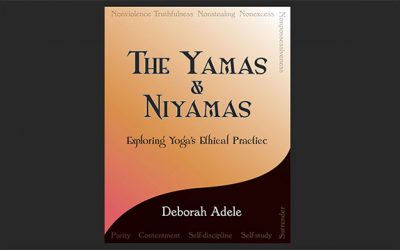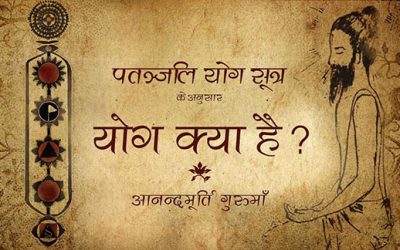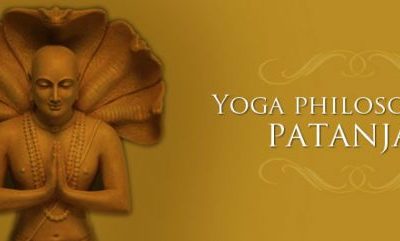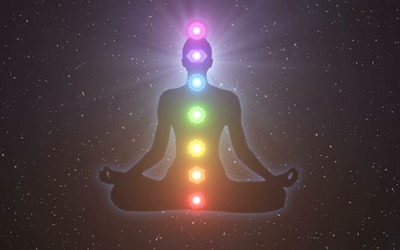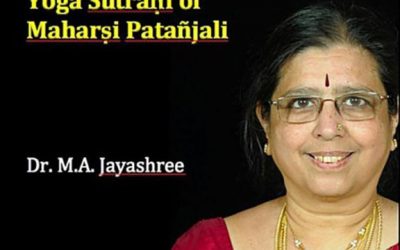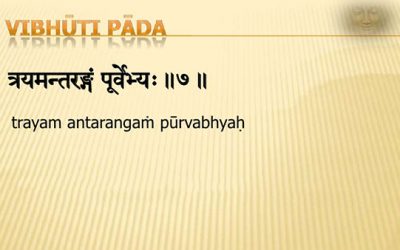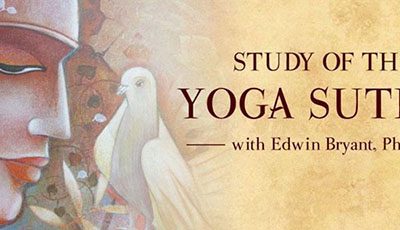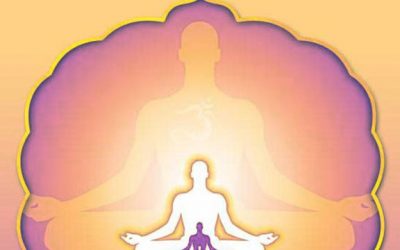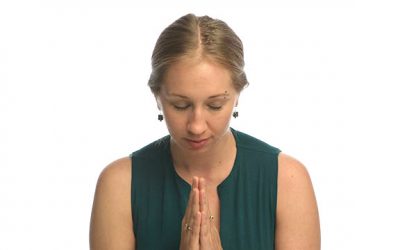Deborah Adele says that the yamas and niyamas (the ethical precepts that are the first two foundational limbs in Patanjali’s eight-limbed system of classical Yoga) offer us tools to help us stay centered in the midst of the ups and downs of life. She’s written a book...
Ishvara Pranidhana: The Bhakti Yoga of the Sutras
Our whole experience of life is based on the stories we tell ourselves about what unfolds. Swami Vivekananda describes it like an oyster making a pearl. A parasite gets inside the shell, and then the oyster reacts to the irritation by producing enamel around it, which...
Approaching the Yoga Sutras with Great Respect and Love
As a practitioner and as a teacher of Yoga, (the late) Mukunda Stiles pondered the Yoga Sutras for over three decades. He brings not just a philosophical understanding to the Sutras, but a deep personal experience that helps illuminate the text. In this interview from...
An Overview of the Yoga Sutras
In this article Yogacharya Dr. Ananda Balayogi Bhavanani gives us an overview of the four chapters of The Yoga Sutras of Patanjali—the foundational text for the classical Yoga (Ashtanga/Raja) system. This system is neatly unpacked by Dr. Ananda, who gives us key...
The Practice of Enlightenment
As a yogi, mainly in the Krishnamacharya lineage, and as a practitioner of Buddhist meditation for many years, Chip Hartranft’s work bridges the traditions of Yoga and Buddhism. His deep contemplation and study of the Yoga Sutras is evident in this interview,...
Chanting the Yoga Sutras in Sanskrit
To hear Dr. M. A. Jayashree chant the Yoga Sutras in Sanskrit is to be transported to the time when this great text was transmitted in the oral tradition. Her melodious voice, flawless pronunciation and classical articulation of the Sanskrit, replete with meaning and...
Vibhuti Pada: Entering the Oneness of Time
Ruth Lauer Manenti (affectionately known as "Lady Ruth" in the Jivamukti Yoga tradition) has been offering her students “dharma talks”—stories from her life that accompany her classes and represent the yogic commitments to ahimsa (non-violence), compassion and...
Inside the History of Patanjali & the Yoga Sutras
Dr. Edwin Bryant lived for years in India and was trained with traditional pundits. He has a background in Indian philosophy, and his translation and commentary on the Yoga Sutras is dedicated to contributing to the growing body of literature on Yoga by providing...
Yoga and Buddhism’s Common Boundaries
What is the relationship between Yoga and Buddhism? Yoga is often perceived as being focused on the body and Buddhist teachings as emphasizing the study of the mind. In this article, (the late) Michael Stone addresses these issues, explores the connections between the...
Is Yoga Really Universal?
An ongoing debate concerns the subject of the relationship between Hinduism and Yoga. One side argues that westerners have appropriated Yoga and tried to divorce it from its Hindu roots. The other side argues that Yoga predates Hinduism and cannot be contained under...
This is Yoga
What is the definition of Yoga? At the very outset of his Yoga Sutras, Patanjali says, "Yogas Chitta Vritti Nirodhah." That’s the first sutra. What does it mean? "Calming the mind is Yoga." Often, people think that standing on the head is Yoga, that if you don’t know...
The Humble Vegetarian
In this article, Integral Yoga teacher April Gauri Hunziker (pictured here) explores the issue of how a yogi and vegetarian remains humble and avoids self-righteousness while remaining faithful to his or her principles. She poses some hard questions we may want to ask...
A Yogic or Sattvic Diet
To fully understand Swami Satchidananda’s teachings on the relationship between Yoga and diet, specifically, the psychological and spiritual benefits of a vegetarian/vegan diet, it’s important to know something about the three gunas, or the qualities of nature. The...
Four Locks, Four Keys: A Simple Approach to Relationships
When I first studied Raja Yoga, or Patanjali’s Yoga Sutras, in my Yoga Teacher Training Class of 2001 at the Integral Yoga Institute, New York City, I clearly remember Swami Ramananda saying something like, “First your mind talked you into eating the ice cream, then...
What Yoga Teaches Us About Emotional Pain
One of Patanjali’s sutras buried in the Second Pada is: "Pain that has not yet come is avoidable" (2.16). This is very similar to, I would even say, exactly, what the Buddha taught: that suffering can end—as stated in the Third Noble Truth—though we hardly seem to get...
Vrittis: A Dive into the Yoga Sutras
If there is one thing we start to see with Yoga practice, it is that thoughts constantly bombard our minds. Remember being in Paschtimottanasana for what felt like forever with a tornado of swirling thoughts, from that embarrassing event 20 years ago to what’s for...

